Animals
-
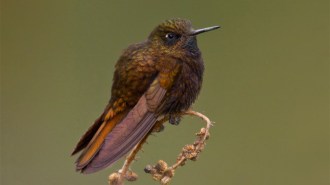 Animals
AnimalsThis hummingbird survives cold nights by nearly freezing itself solid
To survive cold Andean nights, the black metaltail saves energy by cooling itself to record-low temperatures, entering a state of suspended animation.
-
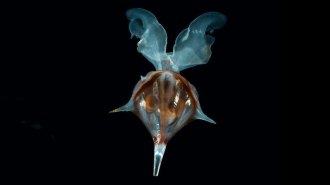 Animals
AnimalsSea butterflies’ shells determine how the snails swim
New aquarium videos show that sea butterflies of various shapes and sizes flutter through water differently.
-
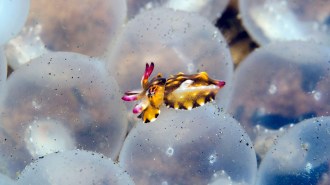 Animals
AnimalsFlamboyant cuttlefish save their bright patterns for flirting, fighting and fleeing
A new field study of flamboyant cuttlefish shows they don’t always live up to their reputation.
-
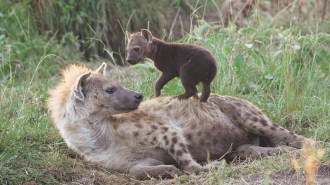 Animals
AnimalsFemale hyenas kill off cubs in their own clans
Along with starvation and mauling by lions, infanticide leads as a cause of hyena cub death. Such killings may serve to enforce the social order.
-
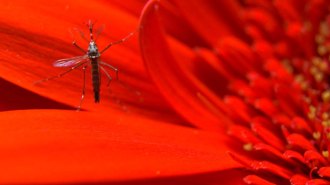 Animals
AnimalsGenetically modified mosquitoes have been OK’d for a first U.S. test flight
After a decade of heated debate, free-flying swarms aimed at shrinking dengue-carrying mosquito populations gets a nod for 2021 in the Florida Keys.
By Susan Milius -
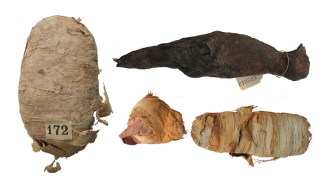 Archaeology
ArchaeologyX-rays reveal what ancient animal mummies keep under wraps
A new method of 3-D scanning mummified animals reveals life and death details for a snake, a bird and a cat.
-
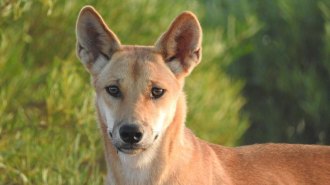 Animals
AnimalsCulling dingoes with poison may be making them bigger
Meat laced with toxic powder has been used for decades to kill dingoes. Now, dingoes in baited areas are changing: They’re getting bigger.
By Jake Buehler -
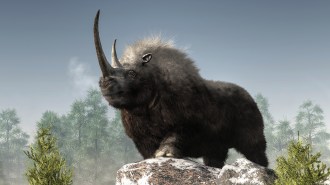 Life
LifeClimate change, not hunters, may have killed off woolly rhinos
Ancient DNA indicates that numbers of woolly rhinos held steady long after people arrived on the scene.
By Bruce Bower -
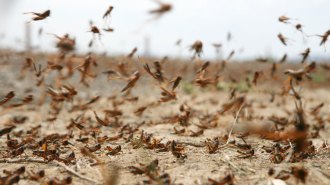 Life
LifeA single molecule may entice normally solitary locusts to form massive swarms
Scientists pinpoint a compound emitted by locusts that could inform new ways of controlling the pests.
-
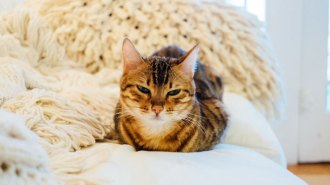 Health & Medicine
Health & MedicineHow two coronavirus drugs for cats might help humans fight COVID-19
Scientists are exploring if drugs for a disease caused by a coronavirus that infects only cats might help also people infected with the coronavirus.
-
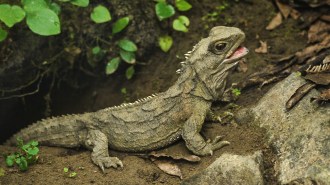 Animals
AnimalsHow tuatara live so long and can withstand cool weather
Tuatara may look like your average lizard, but they’re not. Now, researchers have deciphered the rare reptiles’ genome, or genetic instruction book.
By Jake Buehler -
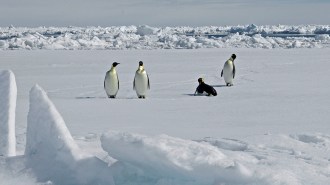 Animals
AnimalsPenguin poop spotted from space ups the tally of emperor penguin colonies
High-res satellite images reveal eight new breeding sites for the world’s largest penguins on Antarctica, including the first reported ones offshore.